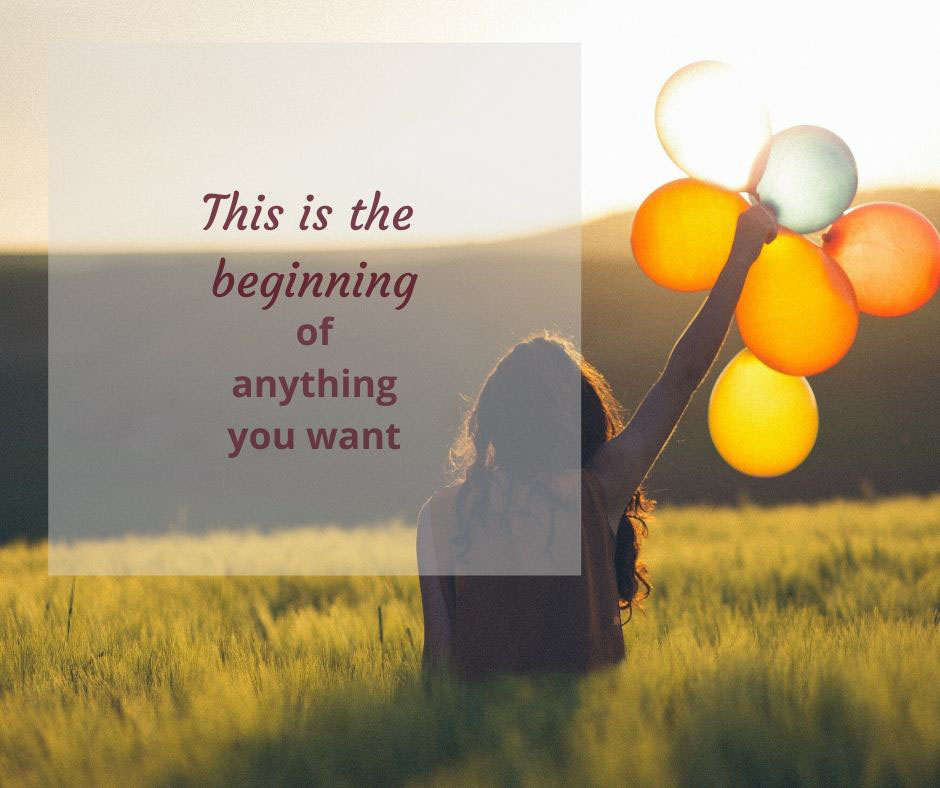It’s around now we start thinking about new year’s resolutions. We all know the drill. We manage to battle our way through the stressful lead-up to Christmas. Finishing work – tick; Shopping frenzy (followed by wrapping frenzy) – tick; Cleaning – tick; Then cooking enough food to feed a small town. And then we hopefully manage to have a peaceful, relaxing few days. Catching up with friends, family and eating to bursting point.
Then, comes the lull, between Christmas and New Year. Our thoughts turn to the looming year to come and how we can be better, do better and feel better.
And ultimately, many of us decide to make new year’s resolutions. But is this a good way to make permanent changes to better ourselves and our health specifically? In this post, I explore the case for and the case against. I also make some other suggestions about where to focus your attention to have a happy, healthy 2024.
The case for new year’s resolutions:
- It’s ‘neat’ and tidy as it’s 1st day of the 1st month of the ‘new year’! It’s a nice thought that ‘this year will be different’. That’s it.
Ok, so perhaps there may be a few other considerations here –
- Other people are doing it at the same time – this may be a positive or a negative. When I was a gym-goer, you couldn’t move in the swimming pool for the first two weeks of January. Then it died off as people went back to their old year habits. But if you are setting a new year’s resolution as a team, you might be able to rope more people into it. And that kind of accountability may be helpful in…….er….actually doing it.
- You have a kind of ‘fresh, new feeling’ as it’s a ‘New’ year. But really, you could just as easily choose the 1st of any month, or a Monday, or today!
- There’s lots of advice in the papers about how to make changes
The case against new year’s resolutions:
- It’s cold
- It’s dark
- It might be miserable outside.
- On 1st January, you still have a mountain of cheese left and a family-sized box of Quality Streets and the crate of fizz you won in a raffle.
- We should probably be hibernating but you’ve got to go back to work (which can sometimes be hard enough on its own)
- You are ‘out’ of your usual routine
- You’ve got enough on, getting children and family organized back into the old routine without trying to add something new into the mix
- You might be ‘fed up’. January is tough.
- You might be tired – people often are after a season of celebrating and over-indulging
- You’re likely to be depleted – nutritionally speaking.
- You might be skint – leading to feeling more ‘fed-up’.
- It’s a long time till February (and your next payday!)
Other challenges we are up against in January
Seasonal Affective Disorder (SAD):
Lots of people struggle with SAD – Seasonal Affective Disorder. It’s a form of depression or low mood which most commonly occurs during the darker and colder autumn and winter months. For many people, January is often the worse time as apart from all the other reasons above, we are only just past the shortest day, so daylight is at a minimum. The NHS reckons that around 1 in 15 people struggle with SAD.
Blue Monday:
You’ve probably heard of ‘Blue Monday’ – it usually falls on the third Monday of every New Year, and is considered the most “depressing” day on the calendar. The theory is that we are all cold, broke, and our new year’s resolutions have ‘failed’ by then. But there is no evidence that this IS the most depressing day of the year (it was ‘invented’ by a PR agency in 2005 to sell holidays!)
Do new year’s resolutions actually work?
The figures vary depending on where you look. Apparently 63% of people make new year’s resolutions but 80% of those people, break them by February. There is lots of evidence and science about what helps with making significant changes that I use with my coaching clients.
I just believe that now is not the time.
I rest my case.
My firm belief is that January is far from the best time to be making changes, but let me just qualify that. I’m all for making changes generally. Ultimately, if nothing changes, nothing changes! But I don’t believe that January is the time to make harsh, drastic changes to our regime. Rather, it is a time for looking after ourselves, resting and nourishing our mind and body after the manic festive season.
Stress, or more accurately, stress hormones can have significant negative impacts on our health and wellbeing. In my view, January is best used to nurture ourselves and take baby steps towards supporting and building our resilience. And for embedding a slower, more mindful pace of life as our default position.
What to do instead to have a happy, healthy 2024
If you have specific symptoms you are trying to manage or health goals, then the following suggestions will be helpful. WAIT until spring until making any drastic changes or ‘going on a diet’ or detox regime.
Get your Vitamin D levels checked!
There is a correlation between low blood levels of Vitamin D and likelihood of experiencing depression. Although there is not strong evidence, it is thought that low Vitamin D may be part of the picture of Seasonal Affective Disorder
The levels you have now will need to see you through until May at the earliest and it will be mid summer before you can make decent levels from sun exposure. Low Vitamin D levels more generally can make for a miserable January as they will leave you more susceptible to coughs and colds.
Take action: Get tested and supplement accordingly.
Support your mood during the winter
Lack of daylight/sun light is thought to be part of the picture as we need light to product serotonin – our happy hormone (neurotransmitter).
For people with SAD, here is evidence that light therapy – sitting in front of a very powerful light box (full spectrum light) for 30mins to 1 hour can help improve mood. About 70% of people who try this report an improvement in mood.
Take action: Getting outside as often as possible when there is daylight (without sunglasses if we get winter sun) can be helpful
Identify and manage your stress levels
The most important thing you can do to manage any health condition or symptom you are struggling with is to identify and manage your stress levels, through diet and lifestyle.
This is THE MAIN reason why I do not advocate making drastic changes, particularly depriving diets and harsh exercise regimes during January. January is hard enough and already stressful, due to all the things already mentioned without adding more into the mix
In January we need to add in masses of self-care to help nourish our body and mind. This will give us the best possible chance of helping our symptoms and any condition we are struggling with.
I talk about stress a lot because it can have such a detrimental impact on our health. Unfortunately, the fact stress is so widespread sometimes means it is not taken seriously. A lot of people ‘put up’ with stress, believing it’s just a normal part of life
Prolonged stress is NOT normal and can seriously impact on your health & quality of life – Short, medium and long-term.
Take action: I have run a mini-series on my Facebook page recently talking about some of the things that can really help with stress management. I would encourage you to have a look at it.
Join my ‘New Year Nourish’
I am running a 7-day online mini-programme in the new year about how to nourish your body and mind so that you can reduce your stress levels and your symptoms. It is about putting the suggestions into practice – giving yourself a gentle nudge in the right direction. This is sometimes the hard bit but this is where you will get results (not just from reading about it).
It is NOT a diet. It is all about nourishment. It’s my ‘New Year Nourish’ programme!
Taking baby steps is important, because ultimately, if nothing changes, nothing changes!
We start on Monday 15th Jan (‘Blue Monday’) and it’s for you if:
- You are someone who struggles with this time of year and/or
- You want to take a different approach this year in supporting your health that is not about deprivation but nourishing body and mind.
I would encourage you to sign up if you feel that this would help you. It’s free!
Link to sign up to my New Year Nourish can be found here
Link to my facebook page for stress management series: https://www.facebook.com/transitionnutritionNT




